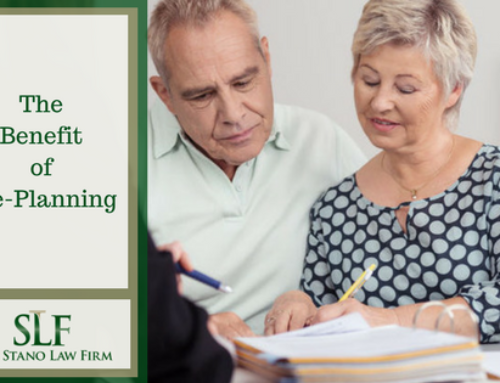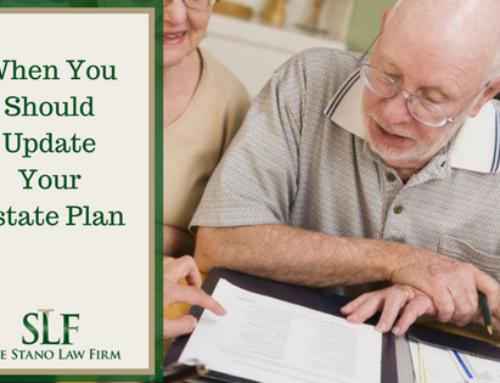Reverse mortgages are a good way for cash-strapped homeowners over 62 to use the equity in their homes to get a loan. The loan does not need to be repaid until the home is sold or the borrower dies. For heirs, however, reverse mortgages can pose problems they may not be prepared to deal with.
Pay or Leave
When the borrower of a reverse mortgage dies, the full remaining loan balance becomes due. According to a recent New York Times article, many lenders immediately began foreclosure proceedings against heirs without informing them of their rights in regarding the home. Heirs legally are entitled to six months to arrange financing and 30 days to decide what they will do with the house. Heirs can choose to do any of the following:
- Pay off the loan
- Buy the house from the lender at 95 percent of its value
- Sell the house and pay off the loan with the proceeds
- Deed the house to the lender
- Let the lender foreclose
If the house is worth more than the loan, heirs can sell the house, pay off the loan, and keep what’s left.
If you are an heir and are concerned about how a reverse mortgage will affect you after the death of your loved one, seek advice from a qualified elder law attorney.






